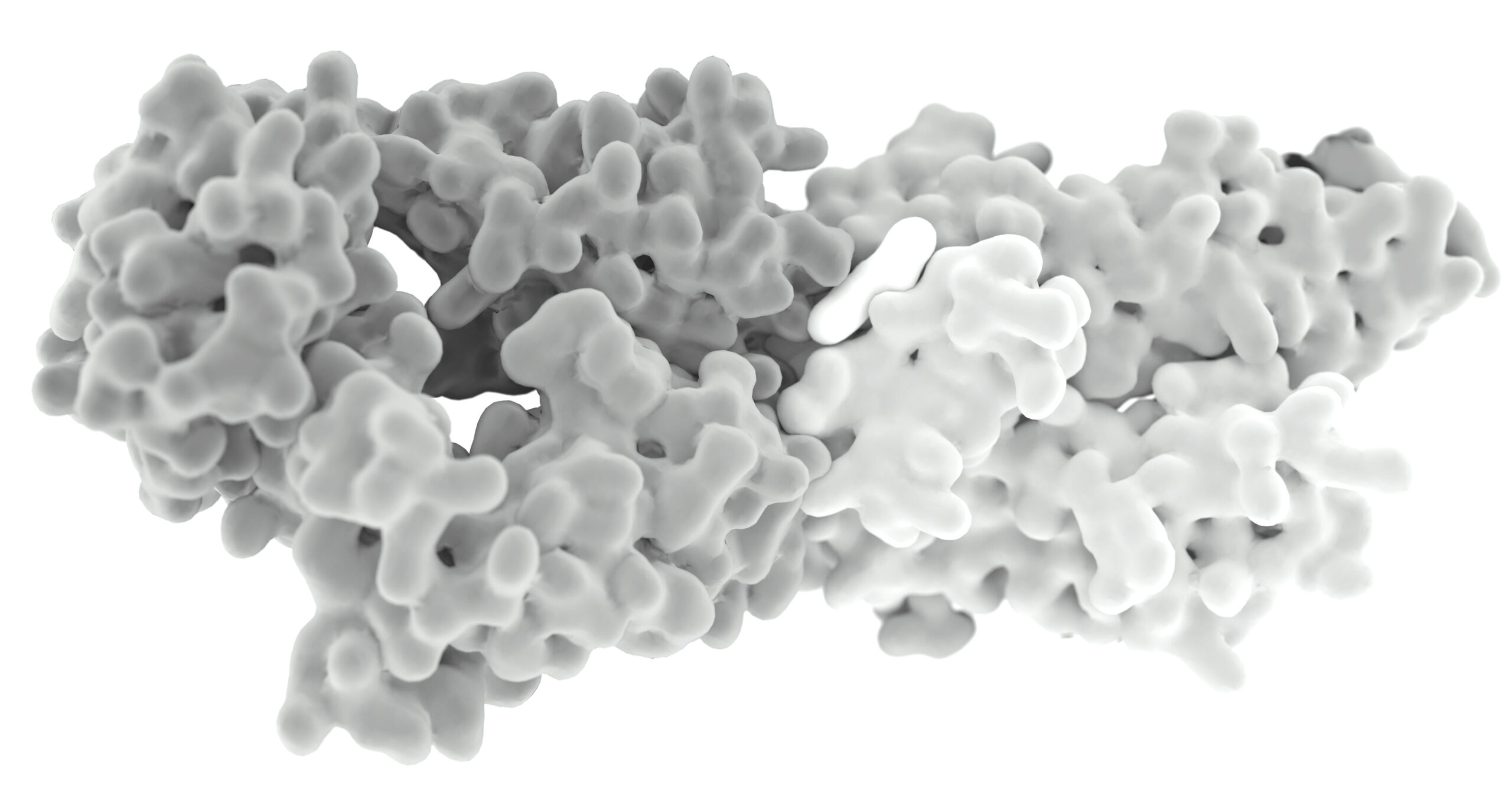
Precision Peptide Vaccine Bioinformatics
➢ Dendritic Cells (DCs) are the master regulators of the immune response. Efficient priming of DCs during pathogen invasion is critical for effective peptide-based Vaccine development.
➢ IPC Bioinformatics has developed tools to identify new critical Pathogen Associated Molecular Patterns (PAMPs) embedded in the protein sequences of parasites, bacteria, and viruses that uniquely prime DCs.
➢ These unique DC priming PAMPs stimulate Dendritic Cells (DCs) to induce new and critically important enhanced T-Cell proliferation responses that augment the classical MHC I and MHC II based T-Cell responses required for effective pathogen clearance.

IPC Bioinformatics maps ETCP PAMPs
➢ It is well-known that classical priming of T-Cell responses to peptides is not always sufficient to induce long-term immunogenicity. IPC’s Chief Scientist Dr. Timothy Barker recognized a pattern to this and discovered a new pathway to exploit Dendritic Cells ability to cross-present peptides.
➢ IPC can identify specific Enhanced T-Cell Proliferation (ETCP) PAMPs that create a powerful Dendritic Cell response through cross-presentation that drives not only classical T-Cell immune responses but also unique non-classical T-Cell responses as well to augment the classical T-Cell activation.
➢ The new immunogenic responses triggered by these PAMPs are designed to augment Th1 activation and is believed to be applicable to a better understanding the underlying root cause of autoimmune diseases associated with chronic inflammation.

IPC BioInformatics for ETCP PAMP Identification
➢ One can selectively target any part of the pathogen proteins knowing its sequence [and mutations] to programmatically generate the ETCP PAMPs for cross presentation. The body’s own constitutive and immuno-proteasomal protein processing may not readily generate these PAMPS in vivo because of the high throughput requirements and the pathogens evolving mechanisms to evade the immune response.
➢ This approach would avoid immunizing with specific peptide sequences the pathogen has evolutionarily incorporated to evade the immune response (e.g. inducing immune suppression or tolerance).
➢ Optimizing ETCP PAMP immunogen selection will enable peptide vaccines with long last immunity against difficult diseases such as malaria and HIV.
